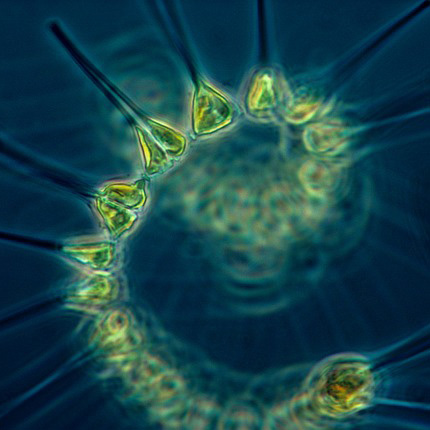
A single company has registered half of all existing patents associated with genes from marine species.
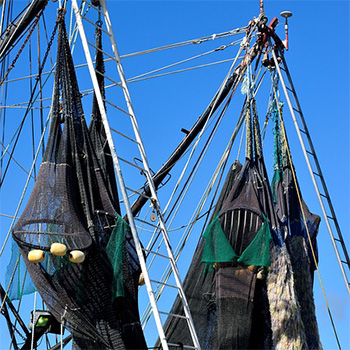
Tags: Daniel Pauly, Deng Palomares, faculty, fishing gear, fishing practices, IOF Research Associates, IOF students, Sea Around Us
Research suggests that bottom trawling generates the most waste of any fishing method because the unwanted catch is dumped back into the ocean.
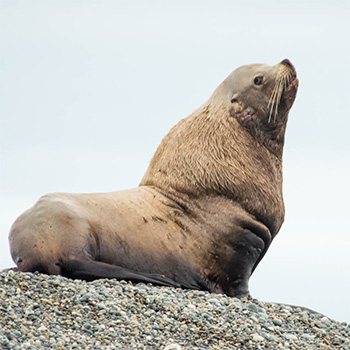
Tags: conservation, David Rosen, IOF Research Associates, Marine Mammal Research Unit, pinnipeds, sea lions
The goal is to provide a quick, reliable tool that can be used to evaluate the physiological status of Steller sea lions and other pinnipeds in the field.
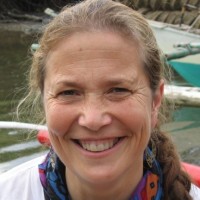
For her lifelong contribution to all aspects of the study of fish biology and/or fisheries science, with a focus on conservation, training or public understanding of the discipline.
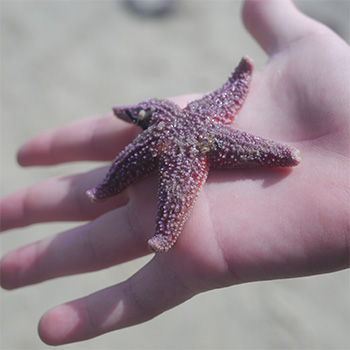
Tags: biodiversity, British Columbia, Christopher Harley, climate change, coastline, conservation, faculty, marine ecosystems, sea stars
Dr. Christopher Harley was co-author on a recent study looking at sea star wasting disease (SSWD). He discusses the impact on the British Columbia coastline.
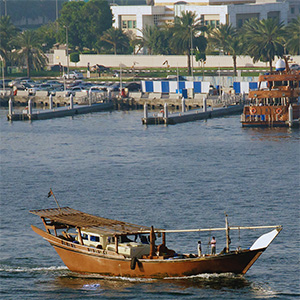
Tags: climate change, Colette Wabnitz, CORU, faculty, IOF Research Associates, IOF students, overfishing, Sea Around Us, William Cheung
Among the eight countries that comprise the Gulf, the UAE is expected to perform the worst, with a projected loss of 45 per cent of its catch potential.
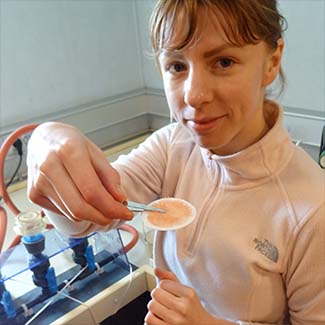
Tags: Antarctic, biodiversity, Boris Espinasse, Brian Hunt, Evgeny Pakhomov, faculty, fieldwork, IOF postdoctoral fellows, jellyfish, Marina Espinasse, Natasha Henschke, plankton
IOF postdoctoral fellows and researchers, Boris Espinasse, Natasha Henschke, and Marina Espinasse focused on the cycling and diversity-function of zooplankton and metazoans
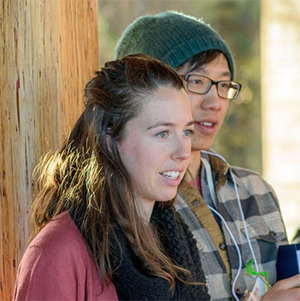
Samantha James won 'Best 3 Minute Talk' at 2018 Pacific Ecology and Evolution Conference (PEEC).
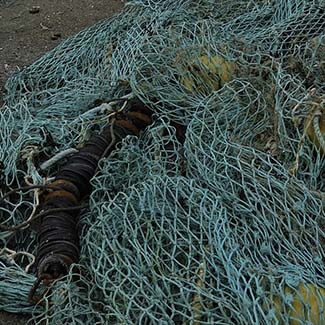
Bottom trawling is causing “boom and bust” fisheries.
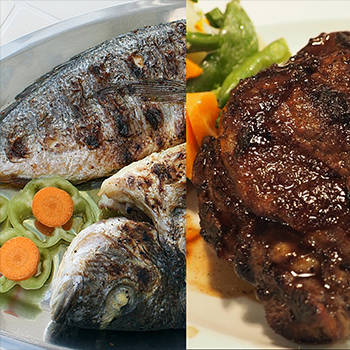
Tags: climate change, fishing practices, IOF postdoctoral fellows, marine catches, Robert Parker, sustainability
Choosing fish over pork, beef or lamb can be a more sustainable choice as fewer greenhouse gas emissions are produced.